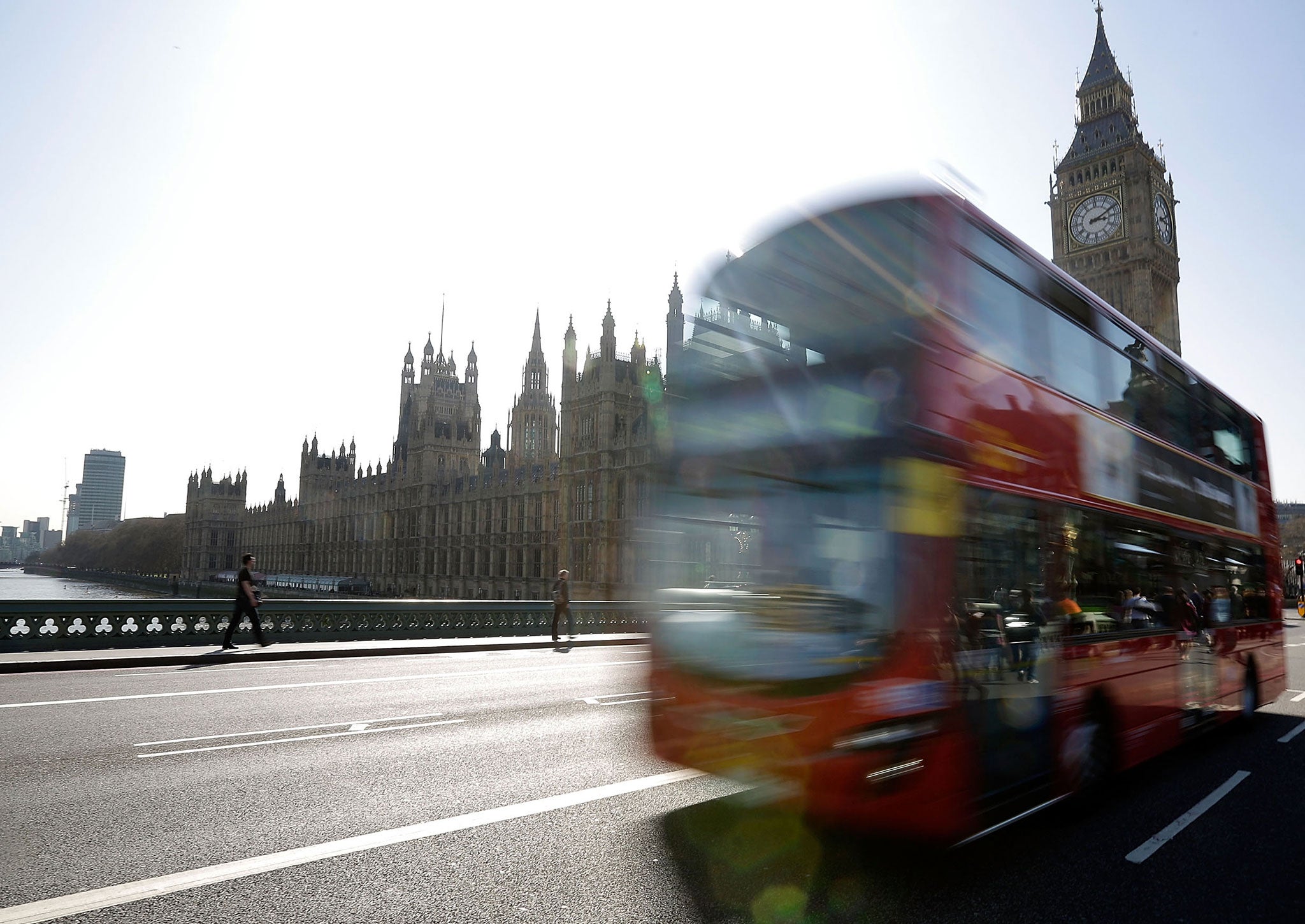London's buses might be the best in Britain, but what about the rest of the country?
Outside of the capital, the UK's transport system needs to be radically reformed

If you read our newspapers, it would appear that Britain is obsessed with its railways. Public debates about fares, subsidies and ownership have rarely been out of the headlines this summer. Perhaps train spotting is more than a minority interest. Or perhaps it’s because journalists, opinion formers, and many politicians are reliant on overcrowded trains to get to their jobs in London.
Outside the capital, the state of our buses has dramatically declined and is worthy of far greater scrutiny. Since the liberalisation of bus markets outside London under Margaret Thatcher in 1986, bus users have been the least well served of any transport group.
Fares have risen on buses faster than for any other mode of transport, including motorists who have seen plummeting purchase costs partially offsetting rapid increases in fuel and insurance. In real terms, bus fares rose by 39 per cent above inflation between 1995 and 2013.
As fares have increased, the number of people using buses outside of London has fallen by nearly a third since 1986.
Many routes have been cancelled – particularly since the onset of spending cuts with government support for rural bus services and the Bus Service Operator Grant, which compensates bus companies for fuel costs, both facing cuts.
Some might suggest that these changes are the result of market forces creating efficiencies. But far from open competition, liberalisation has resulted in a series of regional monopolies. The Competition Commission found that only a third of services “effective head-to-head competition” and just one in a hundred weekly services face effective competition over all or most of their route.
London’s buses used to be so bad that jokes about their reliability became part of our folklore. But the capital’s bus services are now frequent, relatively cheap and the best in Britain. While the numbers using buses outside London has fallen since liberalisation, patronage inside has almost doubled. Most of this increase came after the creation of the Mayor of London and Transport for London in 2000.
Why should we care about buses outside London? For a start they are used by three times as many people as rail with close to 5bn journeys per year. This makes sense since tracks and stations are not needed to provide a service. In many communities without decent access to rail, the bus network is the only form of public transport to help connect people to shops, public services and work.
Unlike trains, which are predominantly used by people with higher incomes, buses serve people from every socio-economic group. But they are relied on, in particular, by the poorest in society.
While car use is almost universal among top and middle earners, the poorest fifth of the population are unlikely to own a car. That makes them even more reliant on buses or expensive taxis. Counter-intuitively, this group use more taxi journeys than any other. If our bus markets were working properly, they would serve these people.
Finally, the more people we can get out of their cars and onto reliable buses, the better it will be for congestion and air quality. The latter has become a silent killer in Britain with 29,000 premature deaths every year – more than obesity and alcohol abuse combined.
Quite simply if the buses are to reach their full potential, radical reform is needed. The successful London model points the way forward. At the city-region level, we need new transport authorities with new powers equipped to drive a harder bargain with bus companies.
With strategic oversight over all forms of transport, these new bodies could help create demand for buses, as TfL has done, as well as shaking up the market. Responsibility for delivering bus services to schools and hospitals could also be devolved allowing service-specific buses that lie idle for much of the day to be used.
The row over our railways will no doubt continue but it’s time we focused our outrage on the buses too.
The new IPPR report ‘Greasing the wheels: supporting and improving Britain’s rail and bus services’ is available here.
Join our commenting forum
Join thought-provoking conversations, follow other Independent readers and see their replies
Comments
Bookmark popover
Removed from bookmarks